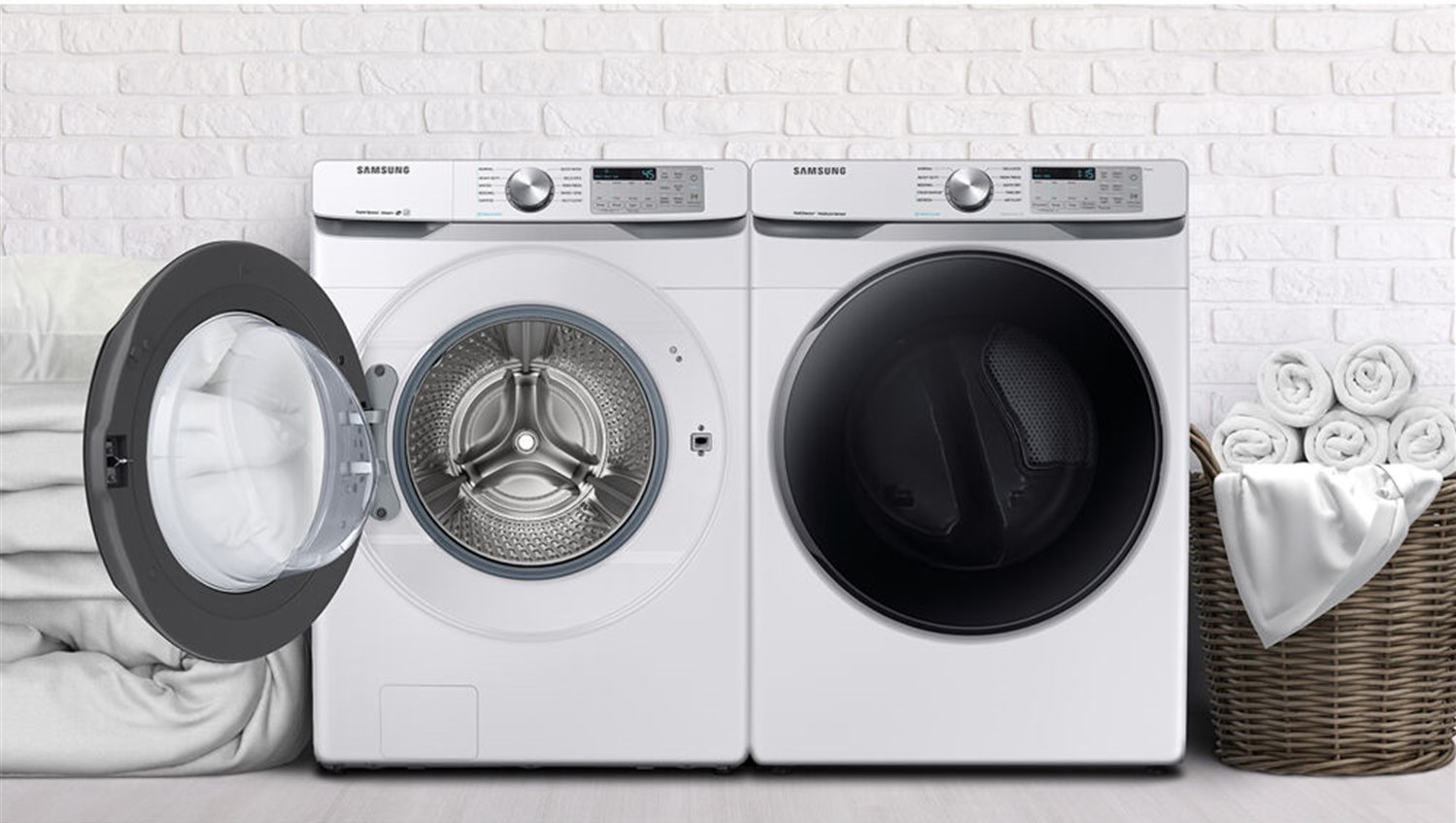Kitchen Safety Tips
Practicing kitchen safety is crucial to prevent accidents and ensure a safe cooking environment. Here are some everyday kitchen safety tips to follow:
- Wash Your Hands: Always start by washing your hands with soap and water before handling food. This helps prevent the spread of germs and contamination.
- Keep the Kitchen Clean: Regularly clean countertops, cutting boards, utensils, and appliances. A clean kitchen reduces the risk of foodborne illnesses.
- Use Sharp Knives: Dull knives can be more dangerous than sharp ones because they require more force to cut. Keep your knives sharp and use proper cutting techniques to avoid accidents.
- Handle Knives Safely: Always cut away from your body, use a stable cutting surface, and keep your fingers out of the way.
- Be Cautious with Hot Surfaces: Use oven mitts or potholders when handling hot pans and pots. Be mindful of hot stovetops, oven doors, and appliances.
- Prevent Fires: Never leave cooking unattended, especially when using the stovetop. Keep flammable items like dish towels away from burners.
- Turn Pot Handles Inward: When using the stovetop, turn pot and pan handles toward the back of the stove to prevent accidental spills.
- Keep Children and Pets Away: Ensure that children and pets are not in the kitchen when you're cooking, as they can get in the way and be at risk of burns or other accidents.
- Use Kitchen Timer: To avoid overcooking or burning food, use a kitchen timer or set a timer on your phone when cooking.
- Follow Recipes: When cooking, follow recipes and instructions carefully to prevent mistakes that could lead to unsafe food preparation.
- Avoid Cross-Contamination: Use separate cutting boards and utensils for raw meats and other ingredients to prevent cross-contamination. Clean and sanitize items thoroughly after use.
- Properly Store Food: Refrigerate or freeze perishable foods promptly to prevent the growth of harmful bacteria. Check food expiration dates and store food at safe temperatures.
- Use Food Thermometer: Cook meat, poultry, and fish to the recommended internal temperatures to ensure they are safe to eat. Use a food thermometer to check the temperature.
- Be Careful with Grease and Oils: When frying or cooking with oil, be cautious of hot splatters. Keep a lid nearby to smother a grease fire if one occurs.
- First Aid Kit: Keep a well-stocked first aid kit in or near the kitchen in case of minor injuries like cuts or burns.
- Unplug Appliances: When not in use, unplug small kitchen appliances like toasters and coffee makers to prevent electrical hazards.
- Stay Sober: Cooking under the influence of alcohol or drugs can impair judgment and reaction time, increasing the risk of accidents.
- Read Labels: Pay attention to food labels, especially if you or someone in your household has food allergies or sensitivities.
By following these everyday kitchen safety practices, you can reduce the risk of accidents and ensure a safe cooking environment for you and your family.







